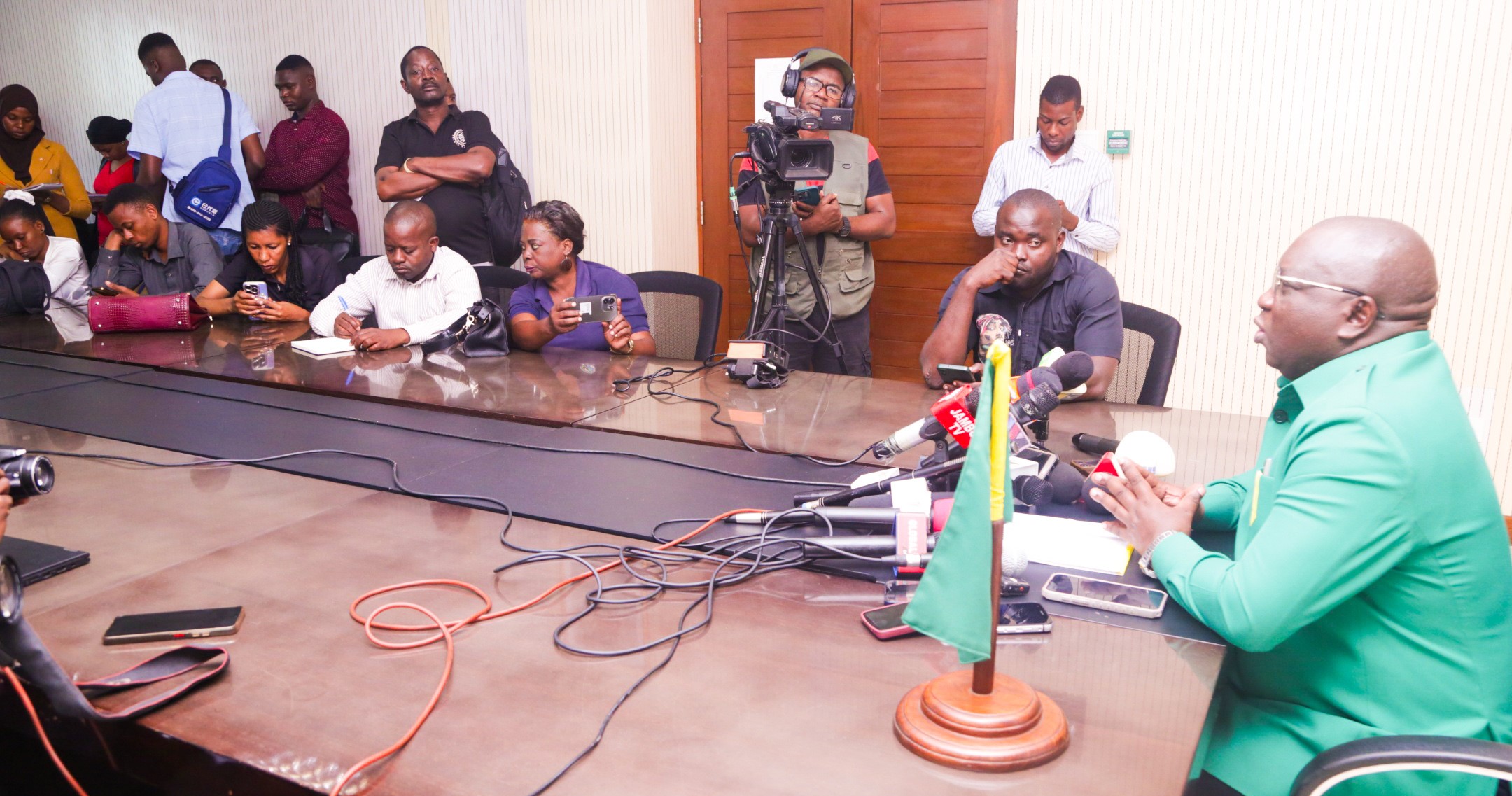Not forgetting is not such a bad thing

Charles onyango-Obbo
What you need to know:
Kenya is difficult to rule, because it is difficult to silence. I know our continent, and have noted its peculiarities. Generally, starting with the colonialists, if you beat Africans hard enough, they go silent.
Kenyans, Nigerians – and South Africans - for some reason, don’t. A cartoonist will pop up somewhere with a drawing that will infuriate the presidential palace. Generally, these three countries have something that few other African countries do – subversive writers and playwrights. So, there will be an Ngugi wa Thiong’o writing a book or play that the authorities want to ban.
Kenya is a difficult country to rule or lead. KANU tried it as a one-party dictatorship, and the big men were always challenged – many times by dissidents from within their parties.
In the liberalist-free-wheeling Mwai Kibaki period, the old man was only able to sleep soundly because of his well-practiced patrician disdain for hecklers and noisemakers.
In the digitally-fuelled Uhuru Kenyatta-William Ruto age, they have been furiously battled on the ground they themselves chose to fight – in the digital world; on blogs, and social media.
Kenya is difficult to rule, because it is difficult to silence. I know our continent, and have noted its peculiarities. Generally, starting with the colonialists, if you beat Africans hard enough, they go silent.
Kenyans, Nigerians – and South Africans - for some reason, don’t. A cartoonist will pop up somewhere with a drawing that will infuriate the presidential palace. Generally, these three countries have something that few other African countries do – subversive writers and playwrights. So, there will be an Ngugi wa Thiong’o writing a book or play that the authorities want to ban.
But uniquely, as an outsider, the one thing where Kenyans surpass all is that they don’t forget. The country is not famous for learning lessons from history, but like the internet, it doesn’t forget.
The acrimonious debates between the ruling Jubilee and the opposition Cord can leave the fainthearted scared about Kenya’s future, but the one good thing it does produce is what Ugandans call “bwino” – written evidence.
If President Kenyatta says something that contradicts what he said 10 years ago, or that is akin to what his father, Jomo Kenyatta, said while he was president 40 years back, you can bet within 24 hours someone will post the old statement on social media.
If Raila Odinga is seen to be talking from both sides of his mouth on the ICC, within minutes the contradictory statement from the past he made will be on Twitter.
VP Ruto denies he has anything to do with Weston Hotel in the morning? By early evening a Citizen TV programme in which he was touring the hotel while it was being built, and extolling the virtues of local investment, will be up on Facebook and the blogs.
So, it would seem for Kenyans to fill in the gaps of history, or to update it, they need to get in an angry, partisan, often tribal, fight. There is some value to that, almost like the gold from a sunken sink in which hundreds drowned.
When I still worked at Nation Media Group, during the bloodletting that followed the disputed December 2007 election, the chiefs organised a dinner at The Serena with former UN Secretary-General Kofi Annan and his team, including former Tanzanian president Ben Mkapa.
They, together with Graca Machel, were the big hitters of the mediation team that was negotiating a deal between Kibaki and his PNU, and Raila and the opposition CORD to divide the spoils of the election between them.
I sat next to Mkapa. NTV had just aired Hilary Ng’weno’s series “The Making of a Nation”. Mkapa told me NMG, since it had operations in Tanzania, should do a “making of the Nation” series on the country, and if not, one of it’s celebrated founding father Julius Nyerere.
He bemoaned the sorry state of photographic and film record in Tanzania. The Nyerere Foundation, he cried, had fallen short. Even if you wanted to do a biography of Nyerere, there was not enough there for it, let alone a documentary of political Tanzania during his presidency.
He was right. I visited the Nyerere Foundation once. All I had to show for it was a dusty patch on the bottom of my jeans, after I sat outside on the verandah on a wooden bench for over an hour waiting for nothing to happen.
NMG’s chiefs heard Mkapa’s request, so did Ng’weno. At that point, there was an admirable Tanzanian documentary maker I knew of who was struggling to do just one historical film, a large part of it focused on Nyerere. He gave up in despair. So it’s not surprising that a Tanzanian “making of a nation” never came to be.
Reflecting on Kenya’s social media wars, perhaps we can glean one other thing a country needs to recreate its history in documentary and books – it’s the memory of an elephant.
The author is editor of Mail & Guardian Africa. Twitter@cobbo3




